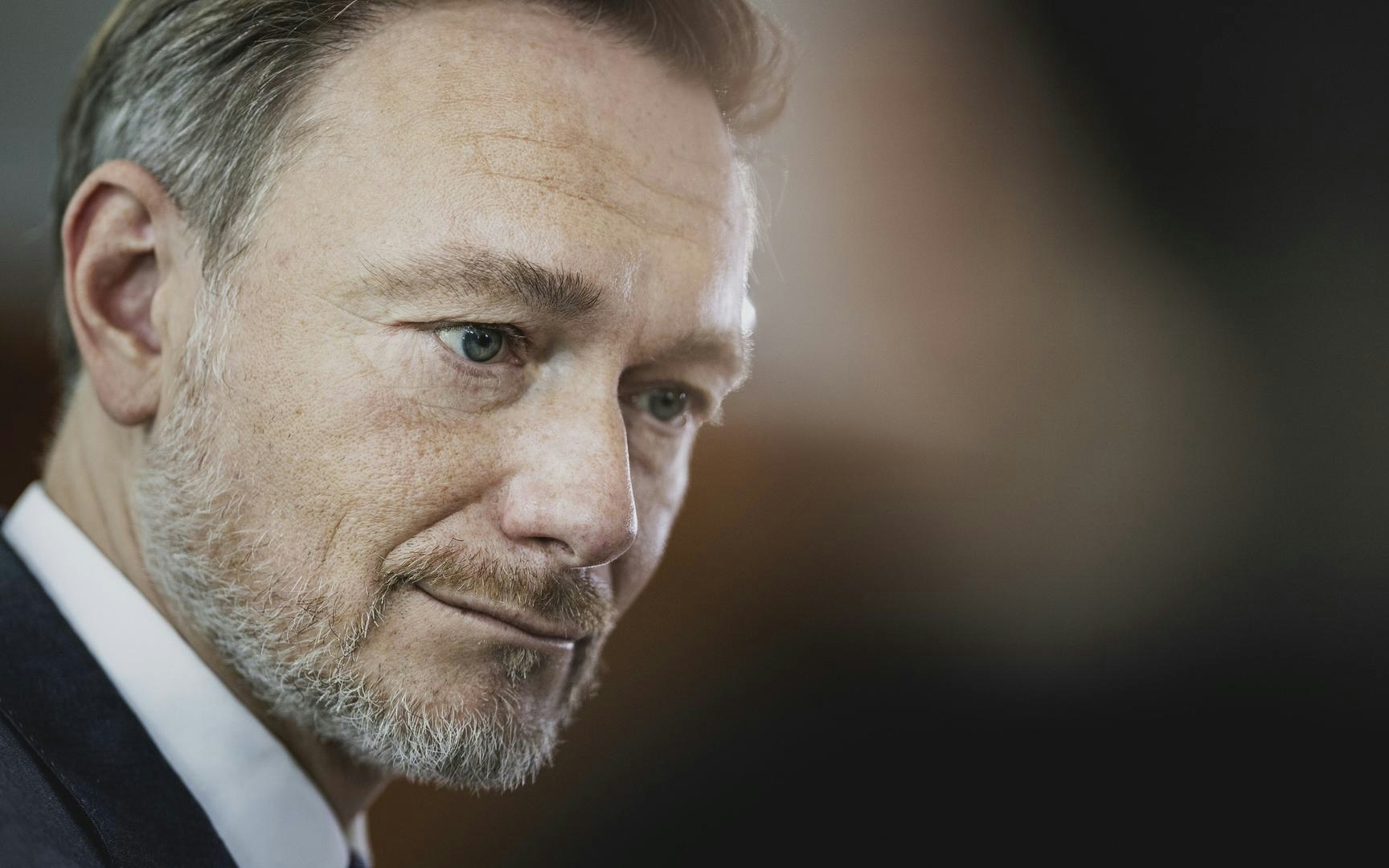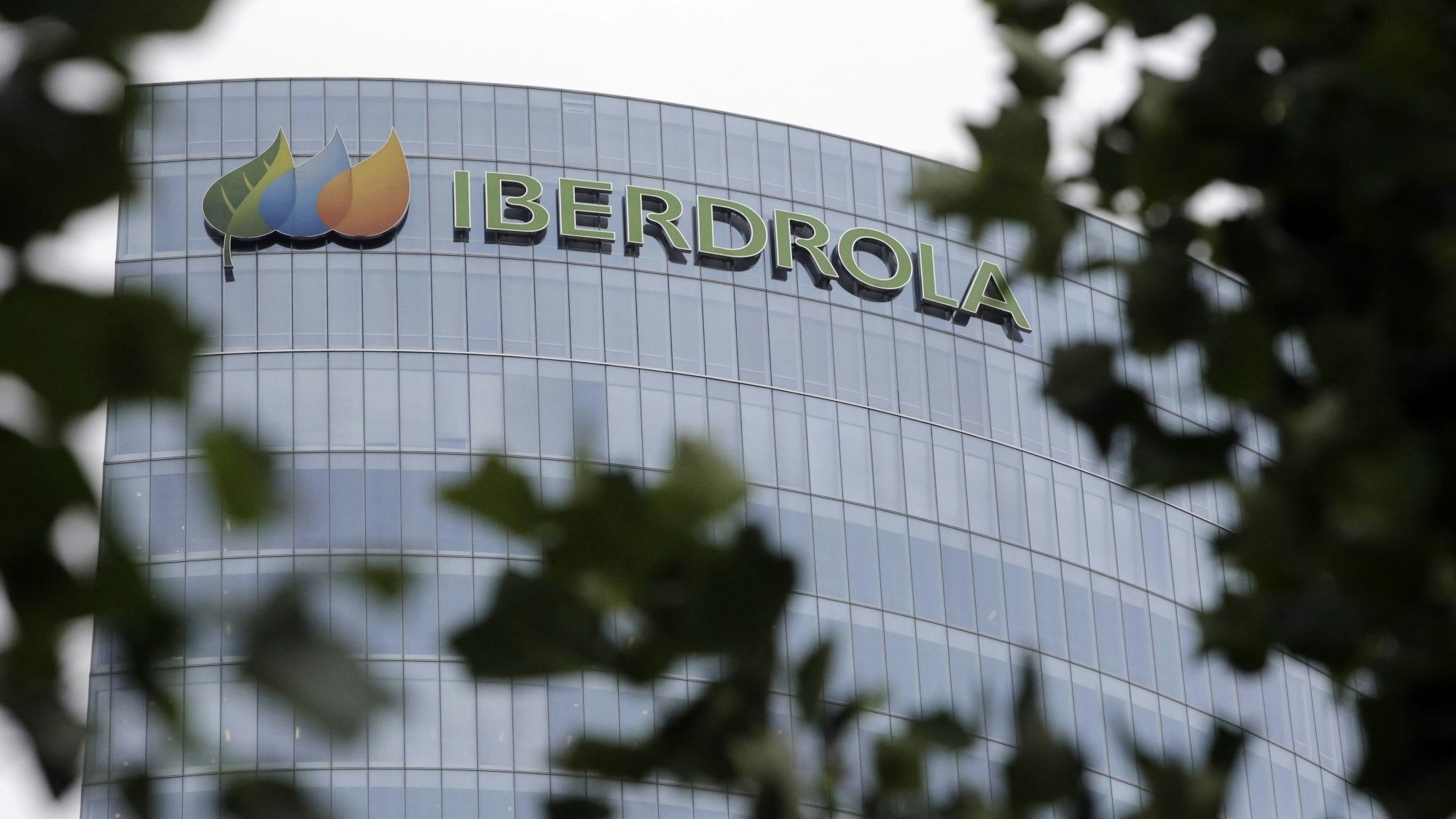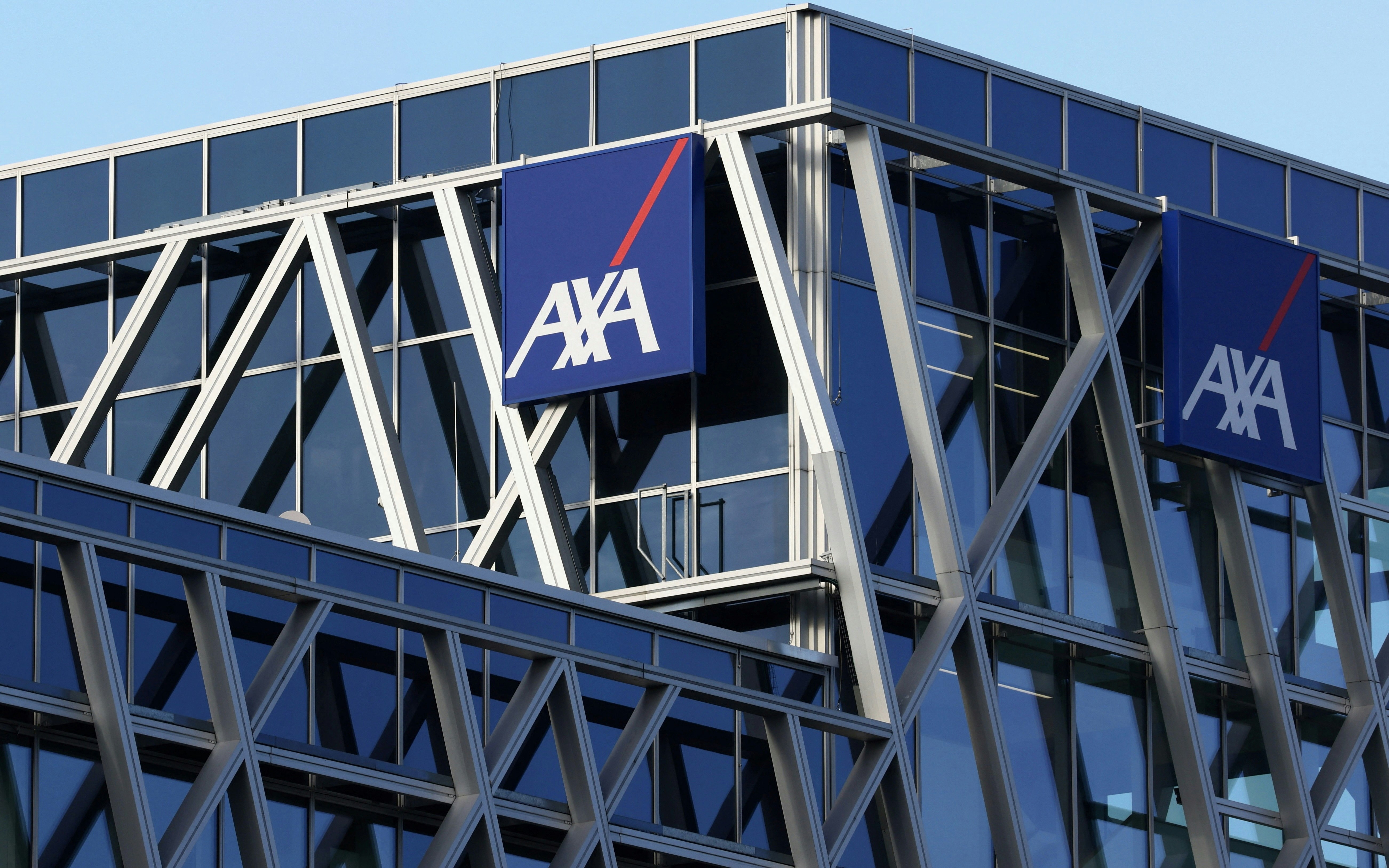The positions of the traffic-light coalition are divided on fiscal policy - much like a traffic light with its different colors. But now the economic experts are putting pressure on the Finance Minister by proposing a reform of the debt brake.
At the highest level of political debate, FDP leader Christian Lindner discusses the financing of investments, relief measures, and international assistance within the framework of the debt brake. For him, this is not only a constitutional obligation but also one of economic prudence.
For the first time since the outbreak of the coronavirus pandemic, the federal government will comply with the debt brake this year. For Lindner, this is a minor luxury that allows him to confront his coalition partners SPD and Greens.
Yet Lindner is Fighting Alone for the Debt Brake, While on Tuesday Morning the Five Economic Experts Published a Reform Proposal for the Debt Brake. At the Same Time, the International Monetary Fund (IMF) Criticizes the German Debt Regulation.
The Council of Experts proposes that the federal government be authorized to incur higher deficit spending in times of low total debt. In addition, the procedure for adjusting for economic cycles will be adapted and the transition to debt regulation in emergencies will be made smoother.
This could give the federal government an additional financial leeway of over 50 billion euros by 2027. The Expert Council's proposals will reignite the debate on the sense of the debt brake.
The economic experts, who are as divided in their fiscal policy positions as the traffic light coalition, have nevertheless found a common stance on the debt brake.
This could also be a signal to politicians. In their reform proposals, economists are sparking major controversies, such as the idea of generally exempting investments from the rule. Nevertheless, they demand far-reaching changes to the Basic Law.
Besides the FDP, the Union would also have to agree, which is currently unlikely. Nevertheless, the chair of the Council of Economic Experts, Monika Schnitzer, advocates for the proposals to increase the flexibility of fiscal policy and not to jeopardize the sustainability of public finances. The proposal includes in detail:
1. Flexibilität der Neuverschuldung je nach Schuldenstand
In normal times, the debt brake allows for an annual borrowing of 0.35 percent of the gross domestic product. The Council of Economic Experts considers this to be too rigid, as it "unnecessarily" restricts investments. Under certain conditions, such as higher economic growth or low-interest rates, "more sustainable debt ratios are possible."
The Debt-to-GDP Ratio Indicates Total Debt Relative to Economic Output. Germany is Currently at 64 Percent. The Proposal Envisions Three Scenarios: If the Debt-to-GDP Ratio is Below 60 Percent, Annual Borrowing of One Percent is Allowed. If the Debt-to-GDP Ratio is Above 60 Percent, Debt Incurred can be 0.5 Percent. If the Debt-to-GDP Ratio Exceeds 90 Percent, the Original Borrowing Limit of 0.35 Percent is Reinstated.
According to the council's simulations, this reform would lead to a decrease in the debt ratio to 59 percent by 2070. Without reform, the existing regulations would cause the ratio to fall to below 30 percent.
2. Übergangsregelung nach Krisen
At present, crises end on December 31 each year according to the debt brake. The Basic Law stipulates that the Bundestag can declare a state of emergency - as has happened in recent years due to pandemics or concerns about energy security.
The heading translated to English could be:
"However, the state of emergency can only be declared for one year. As of January 1st, the permitted level of new debt will revert back to 0.35 percent. The effects of shocks never end abruptly, though. They may fade quickly but they spread out over years."
The Advisory Council therefore proposes a transition phase after an emergency. "Crises often still have noticeable effects, even when the primary cause has been overcome," say the economic experts. The transition phase could either last four years, with the allowed borrowing reduced by 0.5 percentage points each year, or three years, with the borrowing reduced linearly to 0.35 percent each year.
This reform creates fiscal leeway and simultaneously strengthens the debt brake, as repeated discussions about the re-declaration of a state of emergency are avoided. Economists of all stripes have already spoken out in favor of this transitional arrangement.
3. Konjunkturkomponente
The 0.35 Percent Not Only Govern the Annual New Borrowing but Are Adjusted According to the Economic Situation: In Bad Phases, Higher Debts Are Possible, In Good Ones Less. This Allows the Government to Respond to Economic Fluctuations and Forces It to Save for Tougher Times. Crucial for the Calculation Is the Deviation of the Economic Development from the Normal Capacity Utilization, I.e., the Potential of the German Economy.
Here's the heading translated to English:
"However, the estimate of this magnitude is considered outdated from the perspective of the economic experts and many other economists. A reform is stipulated in the coalition agreement and could be implemented without amending the Basic Law. During an economic workshop in recent months, the federal government has collected several proposals, which, however, differ greatly from each other."
The leeway they would currently offer lies between a few billion and a higher double-digit billion










